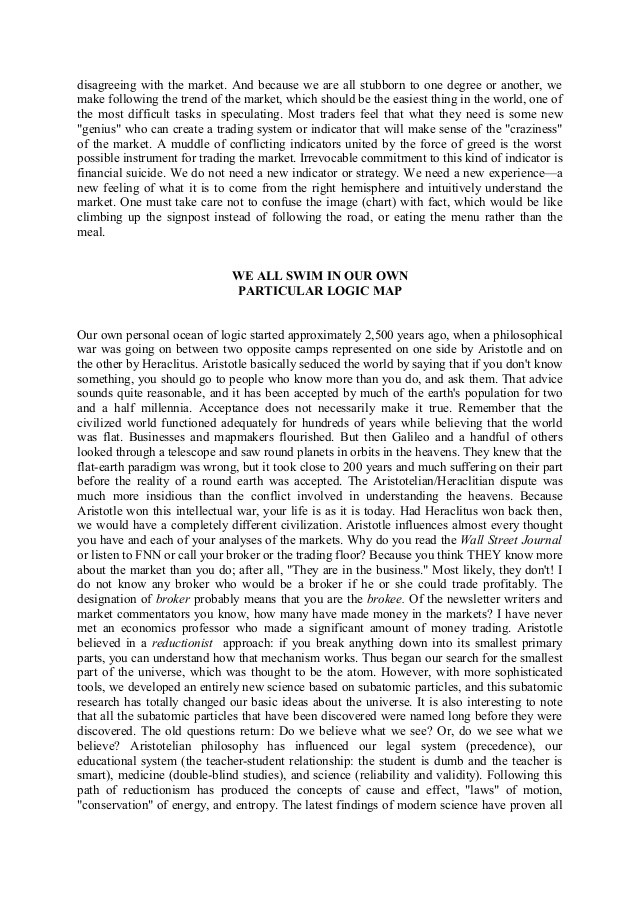Commodities Trading Should You Invest in Commodities
Post on: 9 Июнь, 2015 No Comment

One of the ways that more adventurous investors attempt to add diversity and growth to their portfolios is to invest in commodities. Commodity investing is attractive to many because of the perception that commodities are tangible assets that are backed in a way that a fiat currency can never be. These assets include such items as crops, livestock, metals, and natural resources like oil and lumber. However, its important to realize that commodities trading isnt as straightforward as you might think and that commodities trading comes with an increased amount of perceived risk .
Trading Commodities Futures
For most investors, commodities trading actually means trading commodities futures contracts. While its possible to trade for immediate and physical delivery on the spot market, the fact of the matter is that most regular investors dont have the ability to engage in such transactions. The spot market is mostly used by producers and direct commodity consumers. Instead, you are much more likely to trade on the futures market, where you will not receive physical delivery of any sort of goods.
When you trade a commodities futures contract, you are trading a contract for the price of the underlying commodity, and not buying the commodity itself. The contract is settled prior to delivery, and you end up with gains or losses, depending on when you bought, and the price you sell at. A good example of how commodity futures work is when you consider a lumber seller, or producer. These contracts are designed to protect producers:
A lumber seller may project a certain amount of wood to sell. They can sell it ahead of time, in order to cover the costs of harvesting the lumber (and perhaps make a profit as well). While its possible that waiting could mean a higher price, selling ahead of time guarantees that a minimum is met. The buyer of the lumber contract pays the producer, and then puts the contract with the lumber seller on the futures market. The contract can then be bought and sold. If the price moves higher, the contract holder receives profits, since the commodity has gained in value. A lower price, though, means that contract holder loses. The producer, however, has already received payment, so its not such a big deal.

Understand the Risks
When you are trading based on futures, you are taking risks that are considered greater than if you were to trade stocks and bonds in the traditional way. Commodity prices are volatile, and affected by changes in global supply, political upheaval, and economic changes. You should also understand the risks of leverage. Its often possible to use a small amount of your own capital to control large positions. Your gains are magnified in these cases and so are your losses. You need to carefully assess your situation, and understand the risks before you engage in commodities future trading.
With the arrival of commodity ETFs, many people are interested in dipping their toes in. However, its important to realize that, even though these investments can reduce your exposure to risk, they have risks of their own. Because the ETFs are based on futures, and not on the commodities themselves, there is a chance for a situation known as contango, and that has its own risks. Before you invest, make sure you understand the process, and that you are prepared for possible losses.
Sign up today to be the first to know about all the latest topics on one of the top personal finance blogs in Canada.














